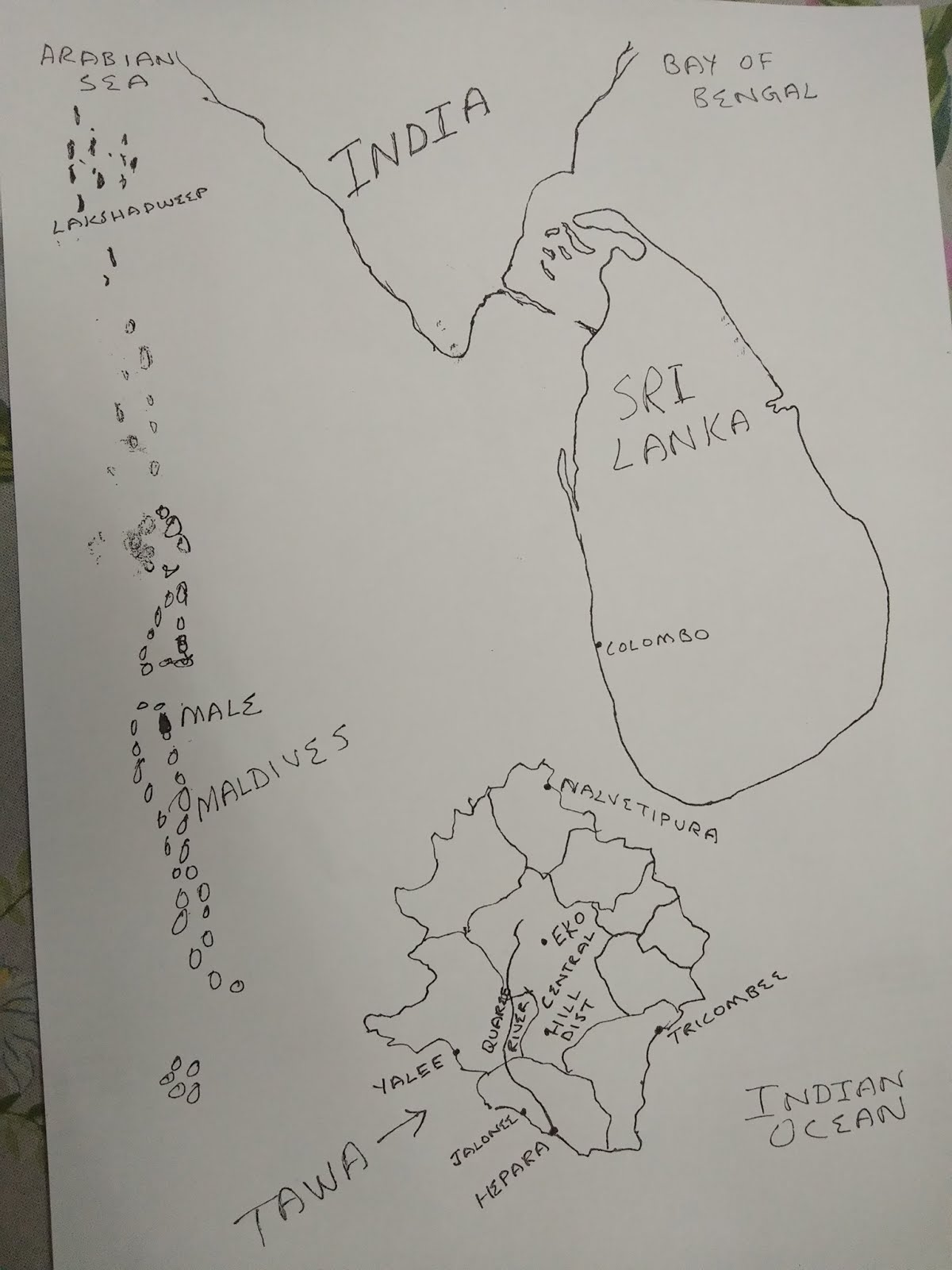A Golden Age is a bitter-sweet story of love, loss, anger, hatred and evil set in the back drop of the Bangladesh War of Independence. For a debut novel, author Anam has done a splendid job of portraying for her readers the world inhabited by Rehana, the protagonist and her two children. Rehana’s world is an upper class world, but it also a world in which civil war has broken out. Anam does a very good job of explaining the events which led to the Bangaldesh war. At times, the description sounds a bit simplistic for someone from the same neighbourhood, but I’m sure it works very well for people who are not.
Rehana Haque neé Ali, an impoverished but aristocratic Calcutta girl marries Iqbal, a successful businessman living in Dakha. Iqbal’s brother and sister-in-law live in West Pakistan as do Rehana’s married sisters. Rehana and her in-laws are Urdu speakers, but Rehana transforms herself into a Bengali very soon after she hits Dakha. Rehana and Iqbal have a son and a daughter. After Iqbal dies of a heart attack, Rehana continues to live in Dakha with her children. Her evil brother-in-law manages to get custody of her children. Rehana is unable to prevent them from being taken away from her since she doesn’t have enough money to bribe the judge. However, Rehana doesn’t give up. She makes money (in an illegitimate way, which I’d rather not explain and give the story away) and builds a house right next to the house bequeathed to her by Iqbal. This new house which Rehana christens ‘Shona’, plays a big role in the story. Rehana rents out Shona and uses the rent money to obtain a court order (by bribing a judge) and brings back her children from West Pakistan.
The details mentioned in the paragraph above do not take much space in the novel which alternates between poetic eulogies and simplistic descriptions and dialogues that explain the political upheaval and civil turmoil in Bangaldesh, neé East Pakistan. And that is one of the biggest drawbacks of this novel. For example, there is not much explanation of why Rehana and her children identify themselves as Bengalis when they are all Urdu-speakers and there is so much hatred and suspicion between the two communities. More importantly, there is no attempt to show why the Bengalis accept them as one of them. This I feel is a serious omission.
There are other loose ends which don’t match. To give another glaring example, Rehana lives in a lavish house bequeathed by her husband when she loses her children due to lack of financial resources. In a years’ time, she makes enough money to start building another house – Shona. She has to then rent out Shona and use the six month advance given by her tenants to get her children back. One is forced to ask – why not sell the first house and prevent them from being taken away in the first place. Or atleast, use the money she gets (using wrongful means) to get back her children rather than build Shona. Granted Shona is in a way central to the story, a bit like ‘Tara’ in gone with the Wind, but this could have been dealt with in a different way. Rehana could have built Shona after preventing her children from being taken away or after bringing them back.
The main characters in the story are all either good or bad, there are very few in-between people. When a widowed Rehana starts to take care of a wounded Major in her house, it is only a matter of time before something develops. And it does. However, it must be said to Anam’s credit that she does not make it an entirely mushy-slushy affair.
The lapses mentioned above should not obscure the fact that Anam’s writing is very good -most of the time. If you are the sort of person who prizes good writing with a decent dollop of drama, this story will appeal to you. Another positive aspect of the book is that when Anam describes a person who has been tortured or the suffering of other victims of the war, her touch is rather light; the reader is not dunked in the harshness and cruelty and sorrow for any unnecessary period of time.
Another reason for reading this book is that there aren’t too many good stories set during the Bangladesh war. The only other good description of the Bangladesh war I have read is in Shasti Brata’s “Astride Two Worlds:Traitor To India”, which had a chapter on the War. I don’t have the book with me now (to be honest it belongs to my father) and I read it many, many years ago, but I do remember that Brata talks about travelling to Bangladesh during the turmoil (but before India’s intervention) as a journalist (he worked for a London paper), and on his return to London, writing an article(s) detailing his experiences. His articles made it clear that India was training the Mukti Bahini which caused Indira Gandhi to brand him a traitor to India in the Indian parliament since India was at that time claiming to be an innocent victim of the war, upset only by the influx of refugees.
Subscribe to:
Post Comments (Atom)






No comments:
Post a Comment